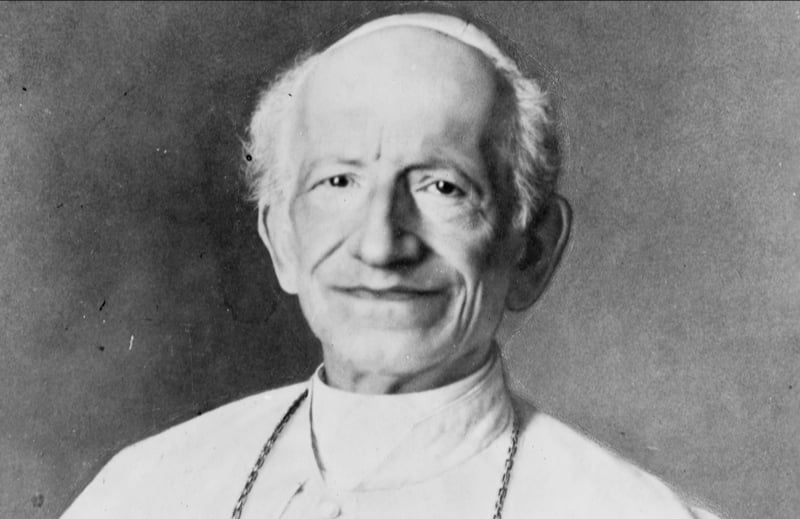Top 10 Pope Leo XIII Quotes on Private Property
by CAPP-USA

Top 10 Pope Leo XIII Quotes on Private Property
Pope Leo XIII Quotes on Private Property
With the landmark encyclical Rerum Novarum Pope Leo XIII ushered in the modern application of Catholic social teaching. Here are our top 10 Pope Leo XIII quotes on the right of private property.
- “Private Ownership is…in accordance with the law of nature…is derived from nature, not from man.” (Rerum Novarum, 9)
- “The authority of the divine law adds its sanction, forbidding us in severest terms even to covet that which is another’s.” (Rerum Novarum, 11)
- “The practice of all ages has consecrated the principle of private ownership”. (Rerum Novarum, 11)
- “For, every man has by nature the right to possess property as his own.” (Rerum Novarum, 6)
- “The first and most fundamental principle, therefore, if one would undertake to alleviate the condition of the masses, must be the inviolability of private property.” (Rerum Novarum, 15)
- “Redistribution and State ownership of property is “emphatically unjust” as it would “rob the lawful possessor, distort the functions of the State, and create utter confusion in the community.” (Rerum Novarum, 4)
- Private property contributes “in the most unmistakable manner to the peace and tranquility of human existence.” (Rerum Novarum, 11)
- “The fact that God has given the earth for the use and enjoyment of the whole human race can in no way be a bar to the owning of private property.” (Rerum Novarum, 8)
- Socialism, he said, is “emphatically unjust” for it “would rob the lawful possessor, distort the functions of the State, and create utter confusion in the community.” (Rerum Novarum, 4)
- “The State is bound to protect natural rights, not to destroy them”. (Rerum Novarum, 51)





